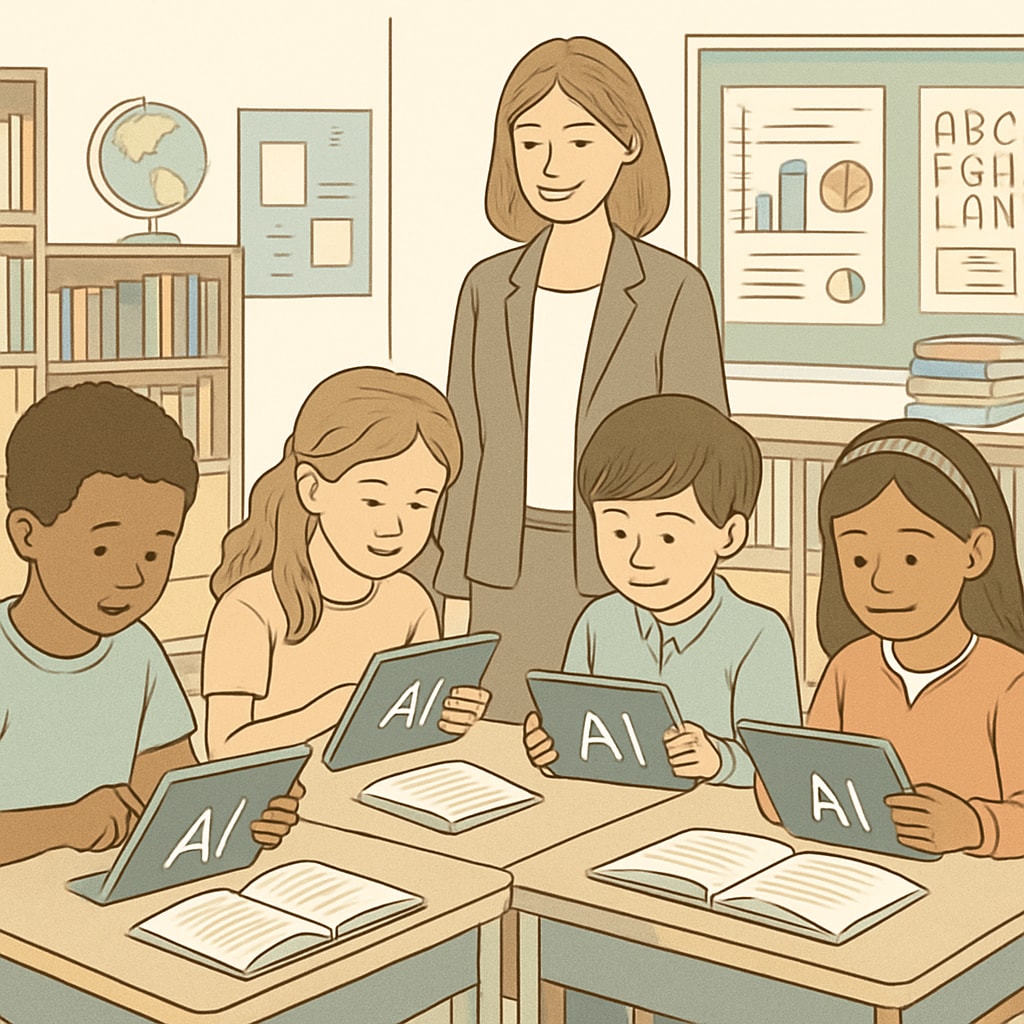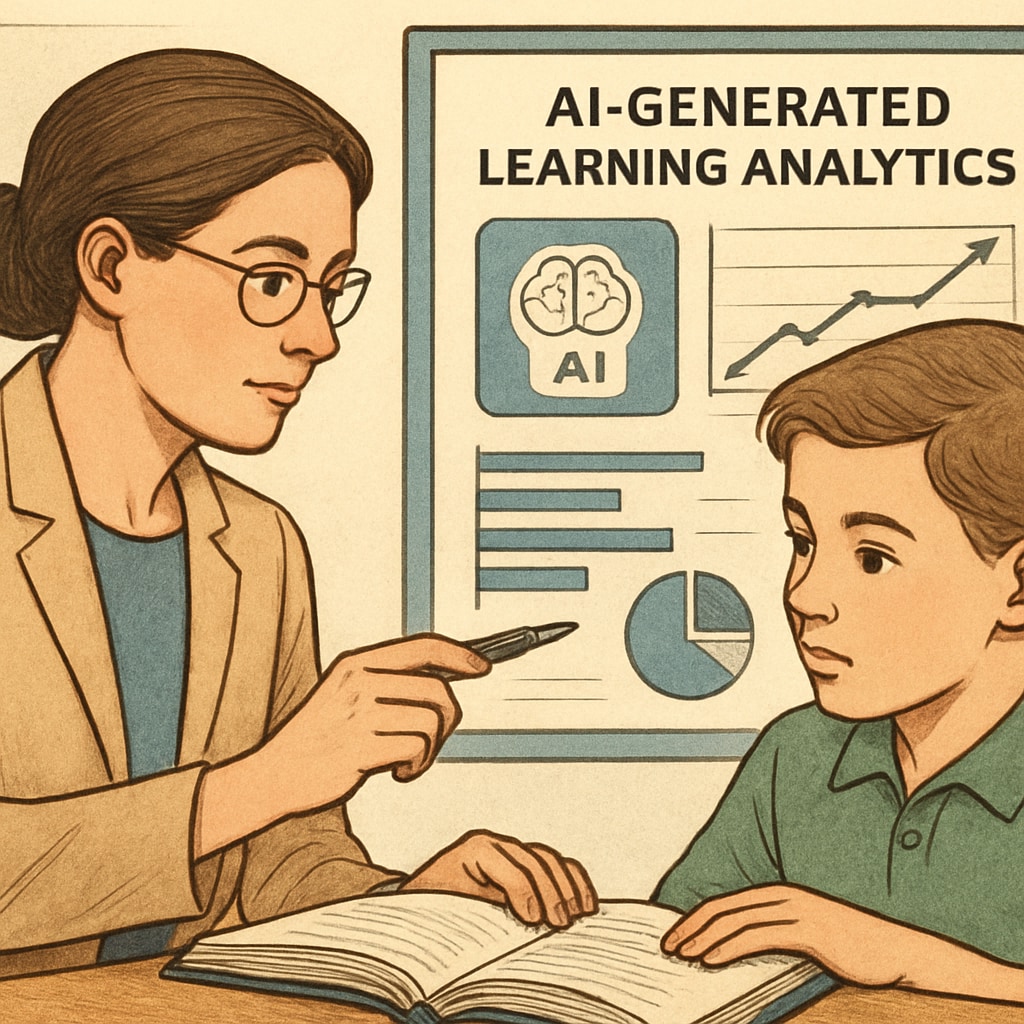The establishment of the White House Artificial Intelligence Task Force by Melania Trump marks a pivotal moment for responsible AI development in education. This initiative provides a framework for integrating artificial intelligence into K12 classrooms while addressing ethical concerns. According to AI in education research, properly implemented technology can enhance personalized learning by 40%.
The Framework for Responsible AI Implementation
Three core principles guide the task force’s recommendations for schools:
- Transparency in AI decision-making processes
- Equitable access to AI-powered tools
- Continuous teacher training programs
For example, schools piloting AI tutors report 28% improvement in student engagement when educators receive proper training.

Balancing Innovation with Student Protection
The task force emphasizes developing age-appropriate AI solutions. Key considerations include:
- Data privacy safeguards for minors
- Content filtering mechanisms
- Human oversight requirements
A recent study shows that hybrid human-AI teaching models yield better results than fully automated systems.

As schools adopt these technologies, regular impact assessments will ensure alignment with educational goals. The White House initiative provides valuable guidance for this emerging field, demonstrating how policy can support technological progress while protecting young learners.


